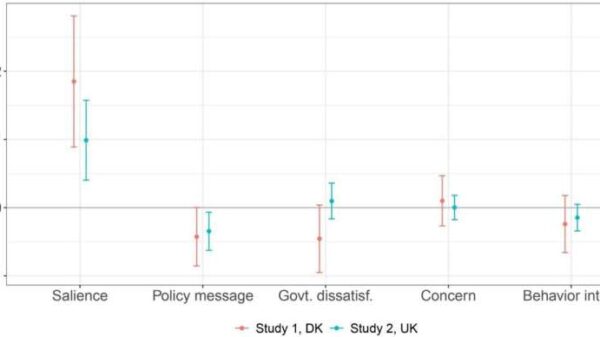Parliament’s opening day has seen a significant development in Australian politics, as both the Coalition and the Labor Party have united to support a bill that expands the responsibilities of Defence Housing Australia (DHA). This legislation, first introduced in July 2023, aims to include foreign military personnel stationed in Australia under the AUKUS pact, allowing members of the U.S. and UK submarine crews, as well as other allied officials, to be housed alongside Australian Defence Force (ADF) members and their families.
During a session in the Senate, Senator Jacinta Nampijinpa Price, the Shadow Minister for Defence Industry, confirmed the Coalition’s commitment to the bill. “We neither seek to refer this bill to a committee nor seek to delay its passing,” she stated, emphasizing the urgency and importance of the legislation.
Details of the Legislation
The bill represents a notable expansion of DHA’s roles since its establishment in 1987. Traditionally, DHA has been responsible for providing accommodation for ADF members, defence staff, and contractors. With the new provisions, the agency will now also cater to the housing needs of foreign military personnel, reflecting Australia’s increasing military cooperation with the United States and the United Kingdom.
This change is designed to facilitate the integration of foreign military personnel into Australian communities, ensuring that they have access to suitable housing during their assignments. The AUKUS agreement, which focuses on enhancing defence capabilities among the three nations, has prompted the need for such accommodations to support operational readiness and collaboration.
Political Implications
The bipartisan support for the bill underscores a shared understanding among major political parties regarding the importance of national security and international cooperation. The swift agreement between the Coalition and Labor may signal a broader commitment to work together on issues of national significance, particularly in an evolving geopolitical landscape.
The passage of this legislation is seen as a necessary step towards strengthening Australia’s defence posture and reinforcing its alliances with key partners. By accommodating foreign military personnel, the government aims to enhance operational synergy and foster stronger ties with the U.S. and UK forces stationed in Australia.
As debates continue in Parliament, stakeholders from various sectors are keeping a close eye on the developments. The successful enactment of this bill will not only impact military personnel but also local communities that will be engaged with these service members and their families.
In conclusion, the Coalition and Labor’s collaboration on this housing reform reflects a proactive approach to national defence and international partnership. As Australia navigates its role in global security dynamics, the implications of such legislation will likely extend beyond housing, influencing broader strategic initiatives for years to come.




































































